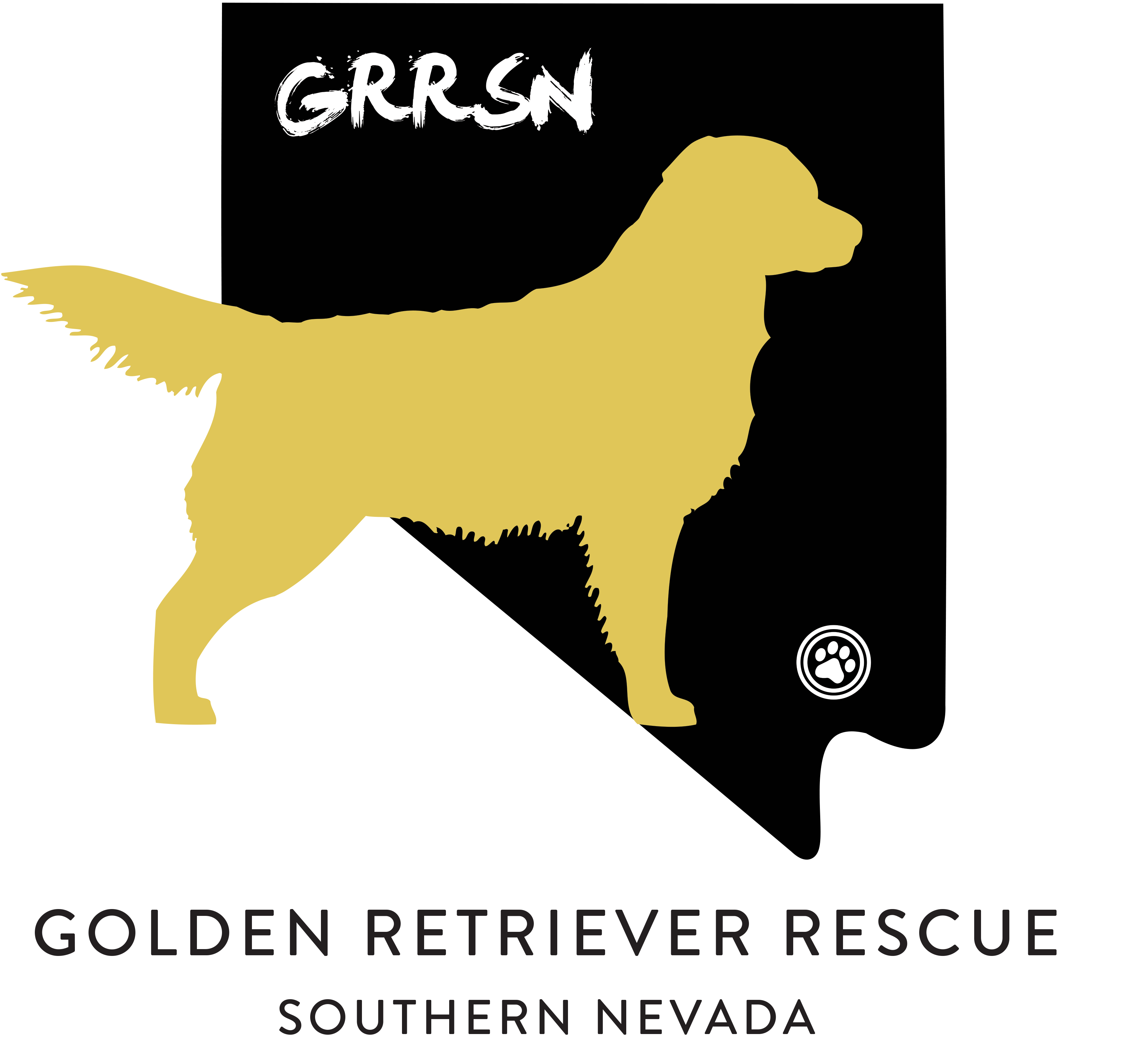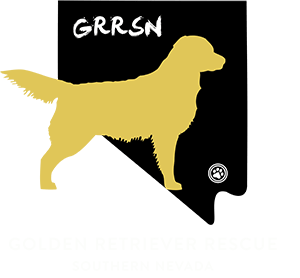Five Plus, Surprising Foods that are Poisonous to Dogs
Most pet parents know that chocolate and certain plants like poinsettias should be off-limits to mans best friend. However, several natural and seemingly healthy human foods are also harmful “even toxic” to dogs. So before you head to the kitchen to whip up fresh batch of canine casserole, read on to discover five surprising foods that are toxic to dogs and five Fido-friendly snacks you may already have in your cupboard.
Caveat Eater:
Garlic & Onion: Though treated as a health food and often taken in supplement form by humans, garlic (along with its cousins onions and leeks) is toxic sometimes deadly for pets, with reactions ranging from stomach damage to acute dermatitis to asthmatic attacks. Pets By Nature reports the story of a Pennsylvania woman who lost her Newfoundland to garlic poisoning within two weeks of feeding a popular garlic supplement available at most pet stores and over the Internet, her Newfoundland developed a bleeding ulcer and perforated intestine. The dog did not survive.
Grapes & Raisins: While not as toxic as members of the onion family, consumption of grapes and raisins can cause vomiting, dehydration and, in large quantities, kidney failure. The exact toxin present in grapes is not known, but scientists have established that both commercially and privately cultivated grapes, as well as raisins, present a risk.
Avocado: According to the American Society for the Prevention of Cruelty to Animals (ASPCA), avocado leaves, fruit, seeds and bark contain a toxic substance called Persin, which can cause vomiting, diarrhea and other gastrointestinal unpleasantness in dogs. While a medium-sized dog would have to consume a substantial quantity of avocado (picture a big bowl of guacamole) to become seriously ill, even a little bit is enough to cause an upset tummy.
Macadamia Nuts: Not widely consumed outside of Hawaii, macadamia nuts pose a stealth risk to canine health. The nuts can cause macadamia nut toxicosis, resulting in soreness, stiffness, and listlessness, according to Working Dog Magazine. The condition usually passes in 48 hours, but can lead to shock in severe cases.
Nutmeg: This popular spice, commonly used to season cakes, vegetables and even lasagna, should never be found on your dogs dinner plate. Nutmeg, which has mild hallucinogenic properties, can cause seizures, tremors, central nervous system problems in dogs. In severe cases, shock and death have been reported.
Fido-Friendly Snacks:
So what is an aspiring canine gourmet to do? In fact, there are several so-called human foods you can use to add flavor and variety to your dogs diet. Carrots and apples are a favorite of many dogs who enjoy crunchy snacks and can be served cold on a hot summer day. Be sure to cut them into small pieces, though, as dogs have shorter digestive tracts than people do, preventing them from completely digesting large chunks.
Well-cooked rice is a great starting point for much homemade canine cuisine, particularly for dogs with sensitive stomach or those, like many terriers, who are allergic to wheat.
And of course there is rarely a dog who will turn up his nose at meat; however, many dogs are sensitive to beef and chicken. Turkey and salmon are good alternatives, though they too can cause problems if they are undercooked.
The key to feeding your pet well at home is creating a healthy, safe and balanced diet that suits the particular needs and tastes of your canine companion. Always consult your veterinarian before making any decisions regarding your dogs health and diet.
Additional Foods to be Cautious of:
Browse Toxic Plant Gallery List »
Apple
- Additional Common Names:
- Includes crab apples
- Scientific Name:
- Malus sylvestrus
- Alternate Scientific Name:
- other Malus species
- Family:
- Rosaceae
- Toxicity:
- Toxic to Horses, Toxic to Cats, Toxic to Dogs
- Toxic Principles:
- Cyanogenic glycosides
- Clinical Signs:
- Stems, leaves, seeds contain cyanide, particularly toxic in the process of wilting: brick red mucous membranes, dilated pupils, difficulty breathing, panting, shock.
If your pet ingested this plant, contact your local veterinarian or the ASPCA Animal Poison Control Center at 888-426-4435.*
* A $65 consultation fee may apply.
Apricot
- Additional Common Names:
- Group also includes Plum, Peach, Cherry
- Scientific Name:
- Prunus armeniaca
- Alternate Scientific Name:
- other Prunus species
- Family:
- Rosaceae
- Toxicity:
- Toxic to Horses, Toxic to Cats, Toxic to Dogs
- Toxic Principles:
- Cyanogenic glycosides found in some species
- Clinical Signs:
- Stems, leaves, seeds contain cyanide, particularly toxic in the process of wilting: brick red mucous membranes, dilated pupils, difficulty breathing, panting, shock.
If your pet ingested this plant, contact your local veterinarian or the ASPCA Animal Poison Control Center at 888-426-4435.*
* A $65 consultation fee may apply.

Aloe
- Scientific Name:
- Aloe vera
- Family:
- Liliaceae
- Toxicity:
- Toxic to Dogs, Toxic to Cats
- Toxic Principles:
- Saponins
- Clinical Signs:
- Vomiting, depression, diarrhea, anorexia, tremors, change in urine color.
If your pet ingested this plant, contact your local veterinarian or the ASPCA Animal Poison Control Center at 888-426-4435.*
* A $65 consultation fee may apply.

Asparagus Fern
- Additional Common Names:
- Asparagus, Emerald Feather, Emerald Fern, Sprengeri Fern, Plumosa Fern, Lace Fern, Racemose Asparagus, Shatavari
- Scientific Name:
- Asparagus densiflorus cv sprengeri
- Alternate Scientific Name:
- Asparagus setaceus
- Family:
- Liliaceae
- Toxicity:
- Toxic to Dogs, Toxic to Cats
- Toxic Principles:
- Sapogenins
- Clinical Signs:
- allergic dermatitis with repeated dermal exposure. Berry ingestion could result in gastric upset (vomiting, abdominal pain, or diarrhea.)
If your pet ingested this plant, contact your local veterinarian or the ASPCA Animal Poison Control Center at 888-426-4435.*
* A $65 consultation fee may apply.
- Scientific Name:
- Citrus limonia
- Family:
- Rutaceae
- Toxicity:
- Toxic to Horses, Toxic to Cats, Toxic to Dogs
- Toxic Principles:
- Essential oils and psoralens
- Clinical Signs:
- Vomiting, diarrhea, depression; potential photosensitivity
If your pet ingested this plant, contact your local veterinarian or the ASPCA Animal Poison Control Center at 888-426-4435.*
* A $65 consultation fee may apply.





